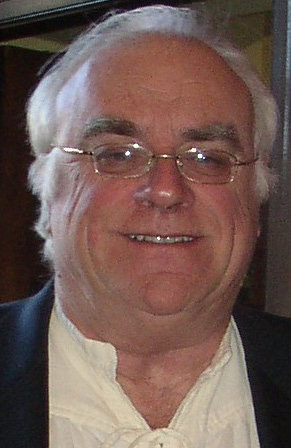The Editor speaks: Tinting v signaling

From the latest PR from the RCIPS:
“…over the past four days, 17–20 January, RCIPS officers issued 32 tickets for speeding, 63 tickets for tint, 4 tickets for using a mobile phone while driving, and prosecuted 4 persons for DUI. There were also 35 traffic collisions recorded.”
I will highlight one of the items in the above, in fact it was the one that carried the highest number of tickets – 63 tickets for tint.
The one item I looked for was how many tickets were issued for not signaling?
The answer – ZERO!
At the last Public Meeting involving the police and the public the issue of motorists failing to signal, especially at roundabouts, was raised by a number of people there.
The frustrations over the ticketing for tints was also raised.
In both instances the police promised they would look into it..
We know the answer.
I also ask how many of the 35 traffic collisions recorded involved the failure of signaling?
Apparently that hasn’t been recorded.
How many accidents have there ever been that could be blamed on window tints?
We know the answer.
The priority given to tints over signaling is even evident in the fines. Tints fine is $150. Signaling is only $100.
The latest statistics reveal that…
One in five people in the country would develop skin cancer before they reach the age of 70.
Even though the risk factor for skin cancer is rather low for African Americans, Latinos, and Asians, skin cancer can be the deadliest for these groups as well.
The American Cancer Society says that men are twice more likely to get skin cancer than women.
The yearly expenditure of treating skin cancer in the United States is a staggering $8.1 billion – $3.3 billion allocated for melanoma skin cancers and $4.8 billion allocated for non-melanoma cancers.
In fact, the diagnosis of non melanoma skin cancers has increased by 77% between 1994 and 2014.
More than 90% of these cases are due to the exposure to ultraviolet (UV) radiation from the sun.
The latest studies have revealed that window tinting and the prevention of skin cancer go hand in hand. A high-quality window tint can drastically reduce your risk of skin cancer while driving in the sun.
The damage caused by UVA rays are long-term and not immediately noticeable. That is why most people don’t immediately realize that their skin is being damaged from sitting near the window in a car. Window glass can effectively block UVB rays, while the windshield is typically treated to block UVA rays. But the car’s rear and side windows will allow UVA rays to come through and do damage to your skin. That is where an effective and high-performance window tint comes in handy. The latest research has revealed that window tinting and the prevention of skin cancer are closely correlated.
A high-performance window tint will offer all-day skin protection to help prevent skin cancer in the long run. A properly installed quality tint can help block up to 99% of harmful UV rays and provide a long-term solution to prevent the occurrence of skin cancer.
SOURCE: https://www.raynofilm.com/blog/skin-cancer-facts-window-tint
How Many People Actually Use Turn Signals?
It seems fewer people are bothering to signal before they turn or change lanes and signaling your intentions at roundabouts is almost non-existent.
The fact is, signaling your intentions to other drivers before you make a maneuver is an easy way to prevent what could be a serious collision.
A study conducted by the Society of Automotive Engineers (SAE) in 2012 found that 25 percent of drivers fail to signal before making a left- or right-hand turn. Even more drivers—48 percent—don’t signal before changing lanes. I could find no percentage data relating to roundabouts. However, if the small roundabout at the end of the Linford Pierson Highway/Bobby Thompson Way is anything to judge – I use it at least twice every day (as I live off the LP Highway) it is one in five drivers that signal.
Why, oh why, do I have to ask AGAIN and AGAIN and AGAIN why is the police blind to the plain and clear fact Tinting does not cause accidents but helps prevent skin cancer, whilst Signaling helps prevents accidents?
Therefore, why isn’t the police priority reversed?





